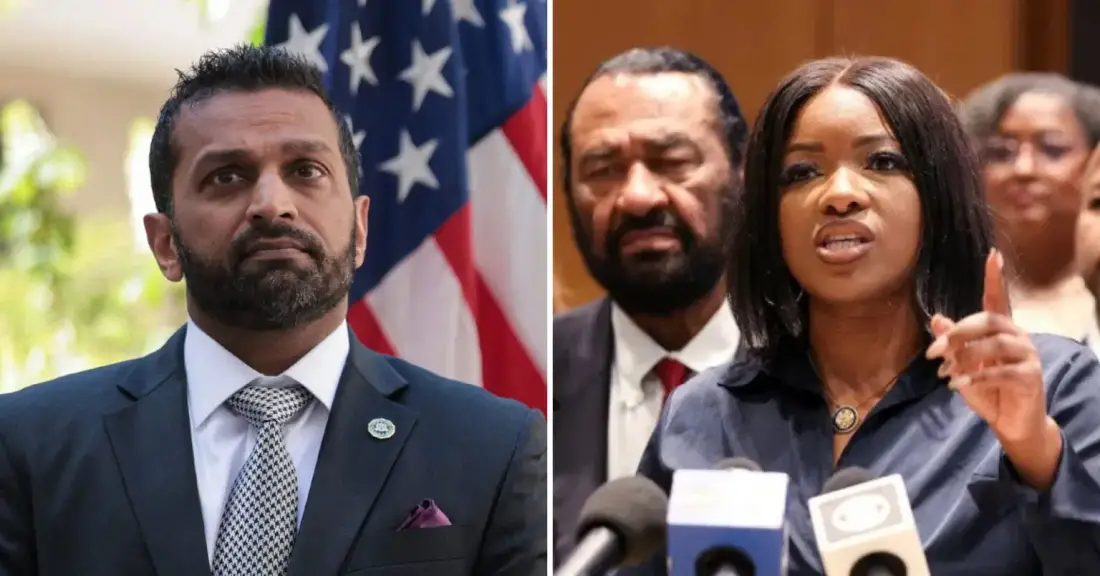Austin, Texas – A rare constitutional dispute is unfolding in Texas as state officials launch an aggressive legal effort to challenge the status of lawmakers who have left the state to block legislative proceedings. The conflict, now drawing national attention, raises fundamental questions about the limits of political protest, the duties of elected officials, and the powers of the state’s legal system.
Attorney General’s High-Stakes Move
Texas Attorney General Ken Paxton has filed a lawsuit directly with the Texas Supreme Court, targeting 13 members of the state House of Representatives. The filing seeks to have the lawmakers declared as having abandoned their seats after extended absences, a move that could fundamentally reshape the state legislature’s composition.
Paxton’s case uses quo warranto proceedings—a rarely invoked legal mechanism typically reserved for challenging an individual’s right to hold office. His petition argues that the lawmakers’ refusal to attend sessions amounts to a forfeiture of their positions, effectively creating vacancies.
“These legislators have walked away from their responsibilities and left their constituents without representation,” Paxton said in a statement. “Their deliberate absence undermines the constitutional process they swore to uphold.”
Constitutional and Legal Arguments
The lawsuit argues that while Texas law allows the minority party broad opportunities to voice dissent, it does not authorize coordinated boycotts that prevent the legislature from functioning. The filing claims that ignoring arrest warrants, remaining outside state borders, and publicly declaring an intention to block legislative business show clear “intent to relinquish and abandon” office.
If successful, this legal argument would mark a first in Texas history. The case hinges on whether prolonged absence—combined with public statements—can legally constitute abandonment without a formal resignation.
Democrats’ Strategy and Justification
The 13 Democratic lawmakers named in the suit left Texas to prevent a quorum, thereby halting legislation they consider harmful to voting rights and democratic representation. Many have remained active in public events and media appearances from locations outside the state, including Chicago.
Supporters describe their absence as an act of civil resistance, designed to protect what they view as fundamental democratic principles. The lawmakers have relied on a rule preventing state authorities from arresting legislators who are outside Texas, effectively placing themselves beyond immediate enforcement.
Escalating Enforcement Efforts
The dispute intensified when federal officials became involved. U.S. Senator John Cornyn announced that FBI Director Kash Patel had agreed to assist in locating and potentially detaining the absent lawmakers. This marks a significant escalation, blurring the lines between state-level legislative disputes and federal law enforcement actions.
What Comes Next
The Texas Supreme Court will now consider whether the lawmakers’ extended absence and public statements amount to a legal forfeiture of office. A ruling in favor of Paxton could set a precedent not only for Texas but for similar legislative walkouts in other states.
As both sides prepare for a potentially lengthy court battle, the case continues to spark debate over the balance between political protest and constitutional duty—an argument likely to resonate far beyond the Lone Star State.
